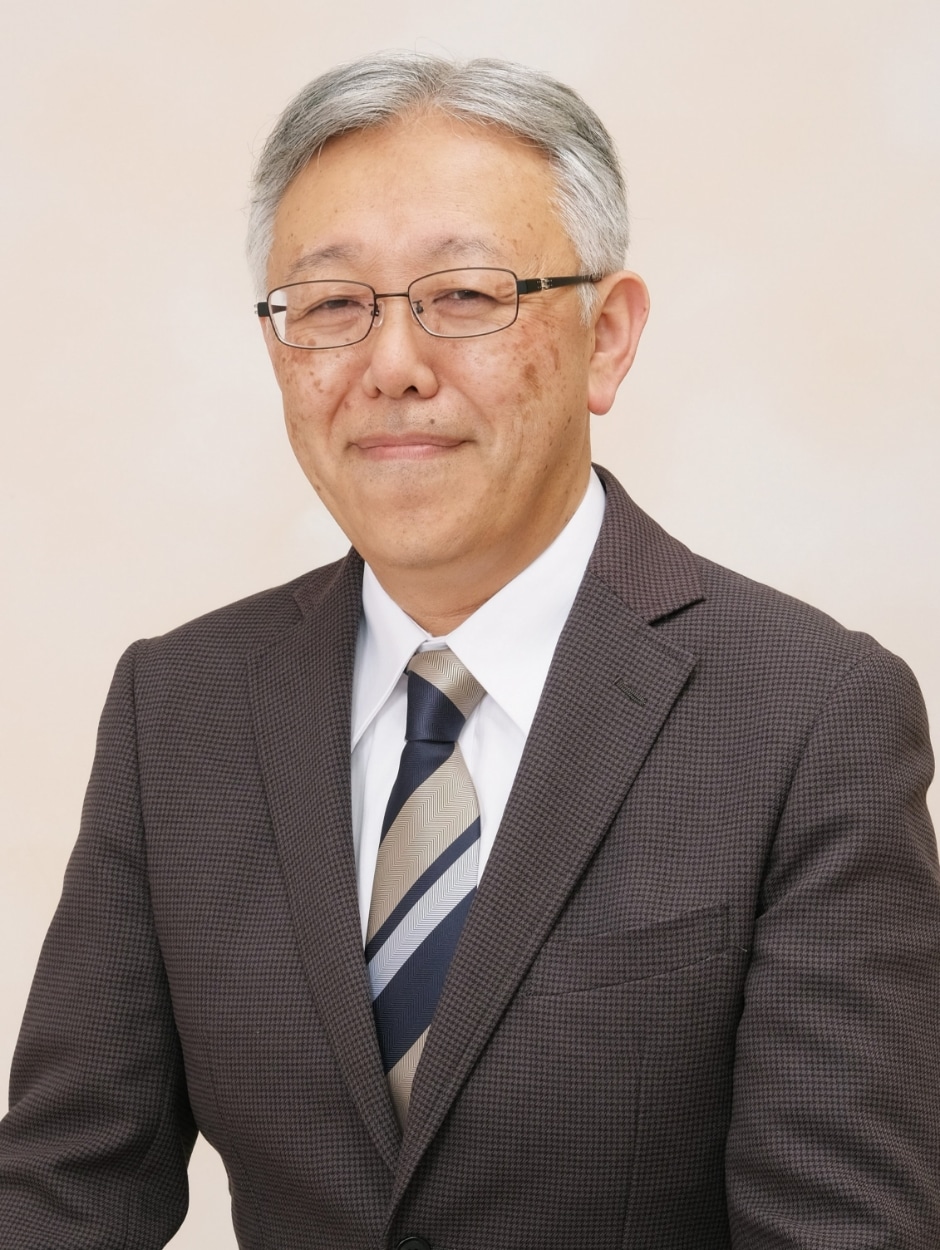Survey of MSJ
Toward the 150th Anniversary of the Mathematical Society of Japan

Kazuhiro IshigePresident, Mathematical Society of Japan
The origins of the Mathematical Society of Japan (MSJ) trace back to the founding of the Tokyo Sugaku Kaisha (Tokyo Mathematical Society) in 1877. The organization subsequently evolved into the Tokyo Mathematical and Physical Society, and later into the Physico-Mathematical Society of Japan. Throughout these transformations, it adapted to changing times while making significant contributions to the development and dissemination of mathematics in Japan.
In 1946, the MSJ was reestablished as an independent entity, separating from the Physical Society of Japan. It was incorporated as a juridical association in 1952 and became a general incorporated association in 2012.
In 2027, the MSJ will celebrate a historic milestone: the 150th anniversary of its founding. This remarkable journey has been made possible through the steadfast dedication and support of our members, to whom I express my deepest gratitude.
Over the past 150 years, mathematics has undergone extraordinary advances, and the environment surrounding it has transformed dramatically. Once regarded primarily as a pursuit of pure intellectual curiosity, mathematics now serves as a foundational discipline in cutting-edge fields such as information and communication technology, finance, medicine, and artificial intelligence. From introductory courses in linear algebra and calculus to advanced research in algebra, geometry, analysis, and applied mathematics, the depth and breadth of mathematical knowledge continue to support technological innovation. The societal demand for mathematics has never been greater.
Meanwhile, the circumstances in which the MSJ operates have also shifted. Rising operational costs have necessitated the revision of membership dues for the first time in nearly 30 years, starting in fiscal year 2026. We deeply regret the need to impose this additional burden and sincerely ask for your understanding and continued support.
In response to these evolving conditions, the MSJ is reevaluating its activities and working to establish a more sustainable organizational structure. We have also initiated new collaborative projects with the Japan Association for Mathematical Sciences, pointing toward promising new directions for the society.
Looking ahead, the MSJ remains committed to preserving its long-standing traditions while embracing necessary reforms in step with the times. We will continue to promote the advancement of mathematics and its contributions to society.
As we prepare for the future, we hope to pass on our legacy to the next generation and build an even stronger foundation together. We sincerely ask for your continued support and partnership.
